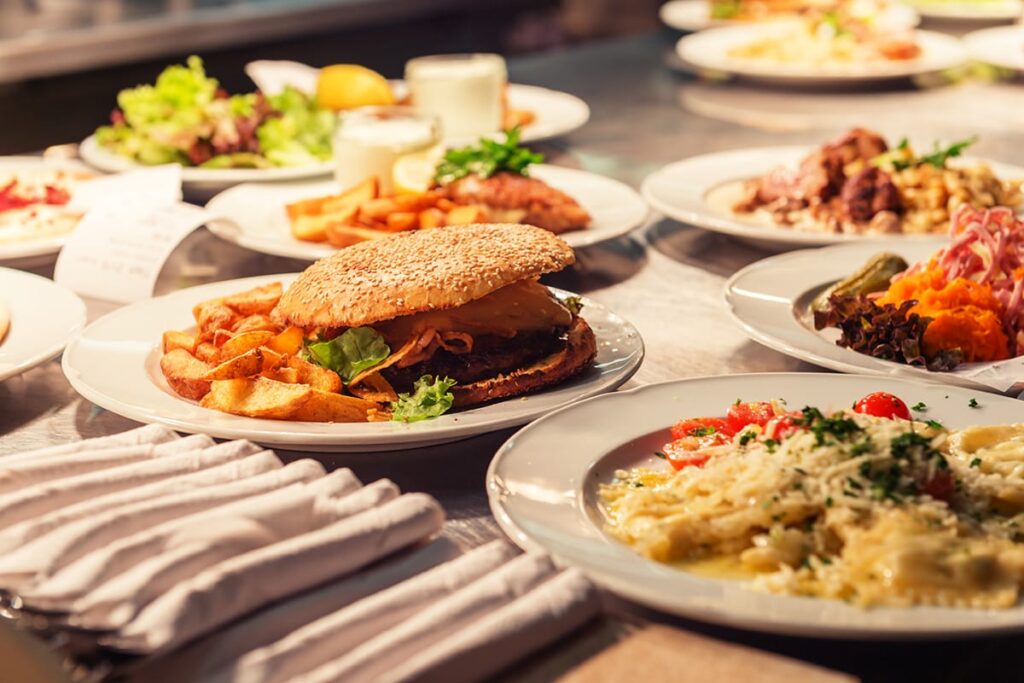Dentures have been a lifesaver for countless individuals who have lost their natural teeth due to aging, injury, or decay. Denture services provide a natural-looking and more functional alternative to missing teeth, allowing people to eat, smile, and talk easily. However, not all foods are denture-friendly. Knowing more about foods you shouldn’t eat with dentures and the best foods to eat with dentures can help you protect your smile.
If you’re experiencing issues with your dentures or would like to learn more about them, Local Start Dental can help. We offer comprehensive services that include extractions, dental implants, and overdentures. Our skilled and surgically trained prosthodontists will help you regain your oral health and improve your quality of life. Contact us today at 919.569.5533 to schedule an appointment and learn more about our services.
10 Foods You Can’t Eat with Dentures
If you recently received dentures, you may wonder what you can and cannot eat. While dentures allow you to enjoy food again, some foods can be more challenging. Here are 10 foods you should avoid or be cautious of with dentures:
- Popcorn – Popcorn kernels can get lodged in your dentures, causing discomfort and potentially damaging them.
- Sticky candy – Sticky or chewy candies, such as caramels or gummy bears, can cause dentures to stick to your teeth or gums.
- Tough meat – Meat that requires a lot of chewing, such as steak or pork chops, can be challenging to eat with dentures. Cut meat into small pieces or choose softer alternatives.
- Hard candy – Hard candy can be difficult to bite and chew, potentially causing damage to your dentures.
- Nuts and seeds – Small and hard particles from nuts and seeds can get stuck between your dentures and gums, causing discomfort and irritation.
- Raw vegetables – Raw vegetables like carrots or celery can be difficult to bite and chew with dentures. Cook them or cut them into smaller pieces.
- Chips and crackers – Hard and crunchy snacks, like chips and crackers, can cause discomfort and potentially damage dentures.
- Corn on the cob – Corn on the cob requires a lot of chewing and can be challenging to eat with dentures. Instead, remove the kernels from the cob.
- Apples – Apples can be difficult to bite and chew with dentures. Cut them into smaller pieces or cook them for easier consumption.
- Peanut butter – Peanut butter can stick to the roof of your mouth and potentially dislodge your dentures. If you do eat it, choose creamy varieties and consume with caution.
What Are the Best Foods to Eat with Dentures?
Now that you know which foods to avoid or be cautious of with dentures, here are some of the best foods to enjoy:
- Soft fruits, such as bananas or peaches
- Cooked vegetables, such as sweet potatoes or green beans
- Fish
- Soft breads
- Eggs
- Rice
- Pasta
- Cooked cereal
Soups, smoothies, and milkshakes are also safe for people with dentures. These foods and drinks are liquid-based so won’t cause damage to dental prostheses, keeping them in good condition throughout the years.
Get Dentures at Local Start Dental to Improve Your Smile
At Local Start Dental, we understand that eating with dentures can be a challenging experience. Our surgically trained prosthodontists can provide the guidance and support you need for a comfortable and enjoyable experience. We offer various denture services, including extractions, dental implants, partial dentures, and overdentures.
Don’t let the fear of discomfort or embarrassment keep you from enjoying your favorite foods. Contact Local Start Dental today, and let us help you regain your confidence and smile. We offer competitive pricing and work with Medicaid to ensure denture services are accessible to everyone. Whether you are a low-income patient or a paying patient with means, we are here to provide you with top-tier denture services.
Contact us today at 919.569.5533 or online to schedule a consultation and learn more about how Local Start Dental can help you.

